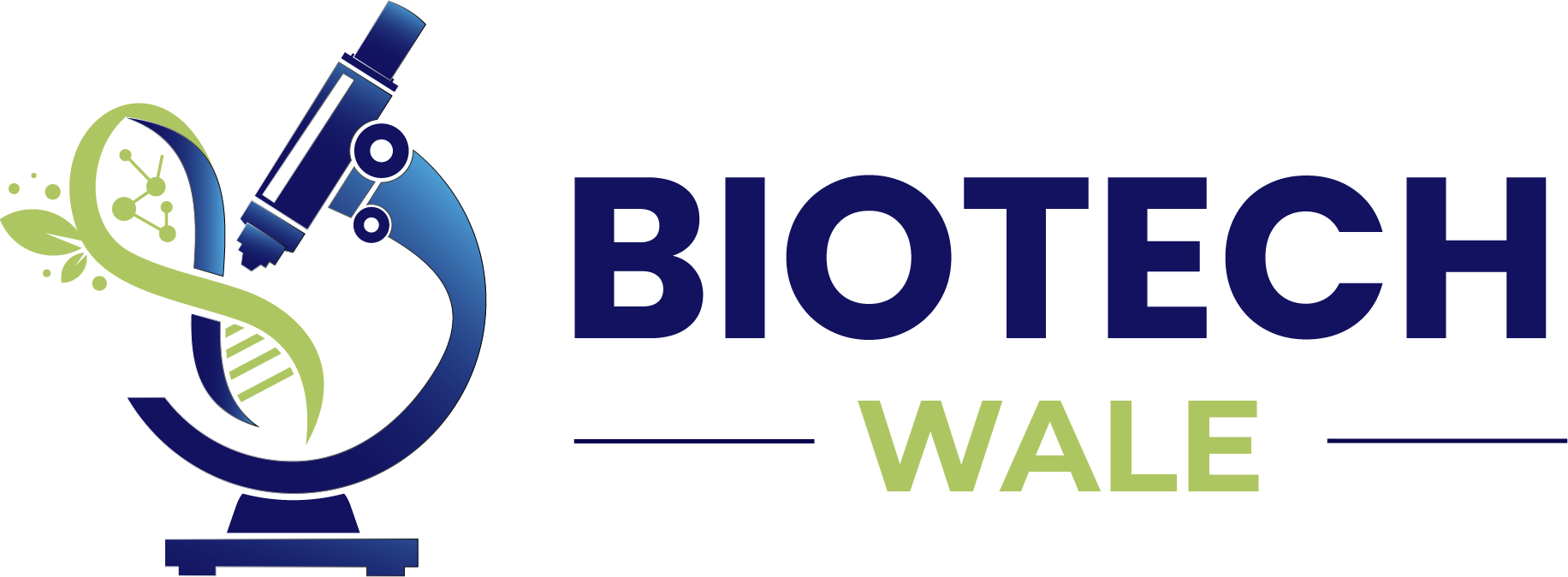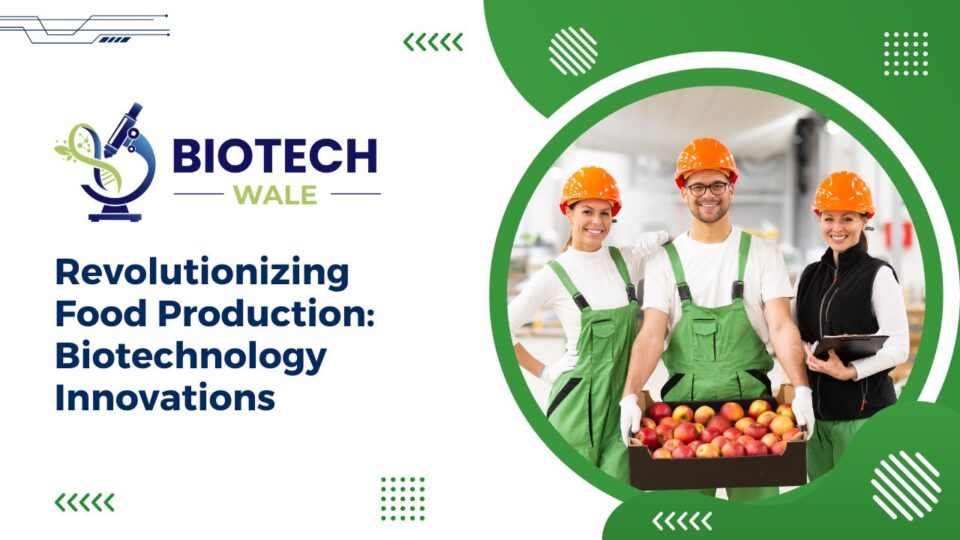Introduction to Biotechnology in Food Production
Welcome to the exciting world of biotechnology in food production! From enhancing crop yields to creating innovative sustainable solutions, biotech innovations are revolutionizing the way we grow and produce our food. Join us on a journey through the remarkable advancements shaping the future of agriculture and the food industry.
Advantages of Biotechnology in Food Production
Biotechnology in food production offers a multitude of advantages that are revolutionizing the way we grow, process, and consume our food. One key benefit is increased crop yield through genetic modification, allowing farmers to produce more food on less land. This not only helps meet the growing global demand for food but also reduces pressure on natural ecosystems.
Furthermore, biotechnology enables crops to be engineered with traits such as resistance to pests and diseases, reducing the need for harmful chemical pesticides. This promotes healthier farming practices while safeguarding human health and biodiversity.
Biotechnological advancements have also led to the development of crops with enhanced nutritional profiles, offering consumers access to more nutritious and functional foods. Additionally, biotech innovations can improve food safety by minimizing contamination risks during cultivation and processing.
Biotechnology plays a pivotal role in ensuring a sustainable and secure future for our food supply chain.
Types of Biotechnology used in Agriculture and Food Industry
Biotechnology has revolutionized the agriculture and food industry with its diverse applications. In this dynamic field, various types of biotechnology techniques are utilized to enhance crop yield, quality, and resistance to pests and diseases. One common method is genetic engineering, where specific genes are inserted into plants to confer desirable traits such as drought tolerance or increased nutritional value.
Another key approach is tissue culture technology, which involves growing plant cells in a controlled environment to produce disease-free plantlets on a large scale. This technique is particularly useful for propagating rare or endangered plant species. Additionally, molecular markers are used for marker-assisted breeding programs to select plants with desired traits more efficiently.
Moreover, microbial biotechnology plays a crucial role in improving soil fertility by developing biofertilizers and biopesticides that promote sustainable agriculture practices. These innovative technologies continue to drive advancements in the agriculture and food industry for a more resilient and productive future.
Case Studies: Success Stories of Biotech Innovations in Food Production
Biotechnology has revolutionized food production, leading to remarkable success stories in the industry. One such case is the development of genetically modified crops that are resistant to pests and diseases, resulting in increased yields for farmers worldwide. These biotech innovations have not only improved crop quality but also reduced the need for harmful pesticides.
Another notable success story is the creation of drought-tolerant crops through genetic engineering. By incorporating specific genes into plant genomes, scientists have been able to enhance plants’ ability to withstand harsh environmental conditions like water scarcity. This breakthrough has proven crucial in regions prone to droughts, ensuring food security for communities facing climate challenges.
Furthermore, biotechnology has played a vital role in producing nutrient-enriched foods through biofortification techniques. For instance, golden rice fortified with Vitamin A has helped combat nutritional deficiencies in developing countries where access to diverse diets is limited. Such advancements demonstrate how biotech innovations are addressing global health concerns while improving food availability and accessibility across diverse populations.
Potential Concerns and Criticisms
While biotechnology innovations in food production offer numerous benefits, there are also potential concerns and criticisms that need to be addressed. One common criticism is the fear of genetic modification leading to unknown health risks for consumers. Some people worry about the long-term effects of consuming genetically modified organisms (GMOs) on human health.
Another concern is the impact of biotechnology on small-scale farmers and biodiversity. Critics argue that large biotech companies may dominate the market, potentially squeezing out smaller players and limiting crop diversity. This could have negative consequences for sustainable agriculture and food security globally.
Ethical considerations surrounding genetic engineering and manipulation of living organisms are also a point of contention among critics. The idea of playing “the role of nature” raises ethical dilemmas about interfering with natural processes and ecosystems.
Regulatory oversight and transparency in the biotechnology industry are crucial to address these concerns effectively. It’s essential to strike a balance between innovation, consumer safety, environmental protection, and ethical standards when implementing biotechnological advancements in food production.
Impact on the Environment and Sustainability
Biotechnology in food production has a significant impact on the environment and sustainability. By utilizing biotech innovations, farmers can reduce the use of chemical pesticides and fertilizers, leading to less pollution of soil and water sources. This shift towards more sustainable practices helps in preserving biodiversity and creating healthier ecosystems.
Furthermore, biotechnology allows for the development of crops that are more resilient to climate change, requiring fewer resources like water and land for cultivation. This not only ensures a stable food supply but also contributes to mitigating the effects of global warming by reducing greenhouse gas emissions associated with agriculture.
With advancements in biotechnology, there is also potential for producing biofuels from agricultural waste products, offering an eco-friendly alternative to fossil fuels. These innovations pave the way for a greener future where food production is both efficient and environmentally friendly.
Future Possibilities and Challenges
As we look towards the future of biotechnology in food production, there are endless possibilities waiting to be explored. With advancements in genetic engineering and precision agriculture, we can expect to see increased crop yields, improved nutritional content, and enhanced pest resistance.
Challenges also lie ahead as we navigate ethical considerations surrounding genetically modified organisms (GMOs) and consumer acceptance. It’s crucial for the industry to address these concerns transparently while continuing to innovate responsibly.
Additionally, climate change poses a significant challenge that biotechnology can help mitigate through drought-resistant crops and sustainable farming practices. Collaboration between scientists, policymakers, and stakeholders will be essential in overcoming these obstacles and shaping a more resilient food system for generations to come.
Conclusion
Biotechnology innovations in food production have undeniably revolutionized the way we grow, harvest, and consume food. With advancements like genetically modified crops, precision agriculture techniques, and sustainable practices, biotechnology has shown immense potential in addressing global food security challenges.
While there are concerns and criticisms regarding biotechnology’s impact on health and the environment, ongoing research and regulations aim to address these issues effectively. The success stories of biotech innovations in food production showcase the possibilities of improving crop yields, nutritional content, and environmental sustainability.
As we look towards the future of food production, embracing biotechnology with caution and responsibility will be key. Collaborative efforts from scientists, policymakers, farmers, and consumers can ensure that biotechnological advancements continue to benefit society while safeguarding our planet’s resources for generations to come. Embracing innovation while prioritizing ethical considerations will be crucial as we navigate the complexities of feeding a growing population sustainably.
In conclusion, biotechnology holds tremendous promise for shaping a more resilient and efficient global food system. By leveraging technological advancements responsibly and ethically managing its impacts on health and the environment we can work towards a future where nutritious sustainable and accessible food is available for all. Let us embrace this new era of agricultural innovation with an unwavering commitment to creating a more secure healthier and environmentally conscious world through biotechnology solutions. Together we can cultivate a brighter future for food production by harnessing the power of science creativity and collaboration.





Average Rating